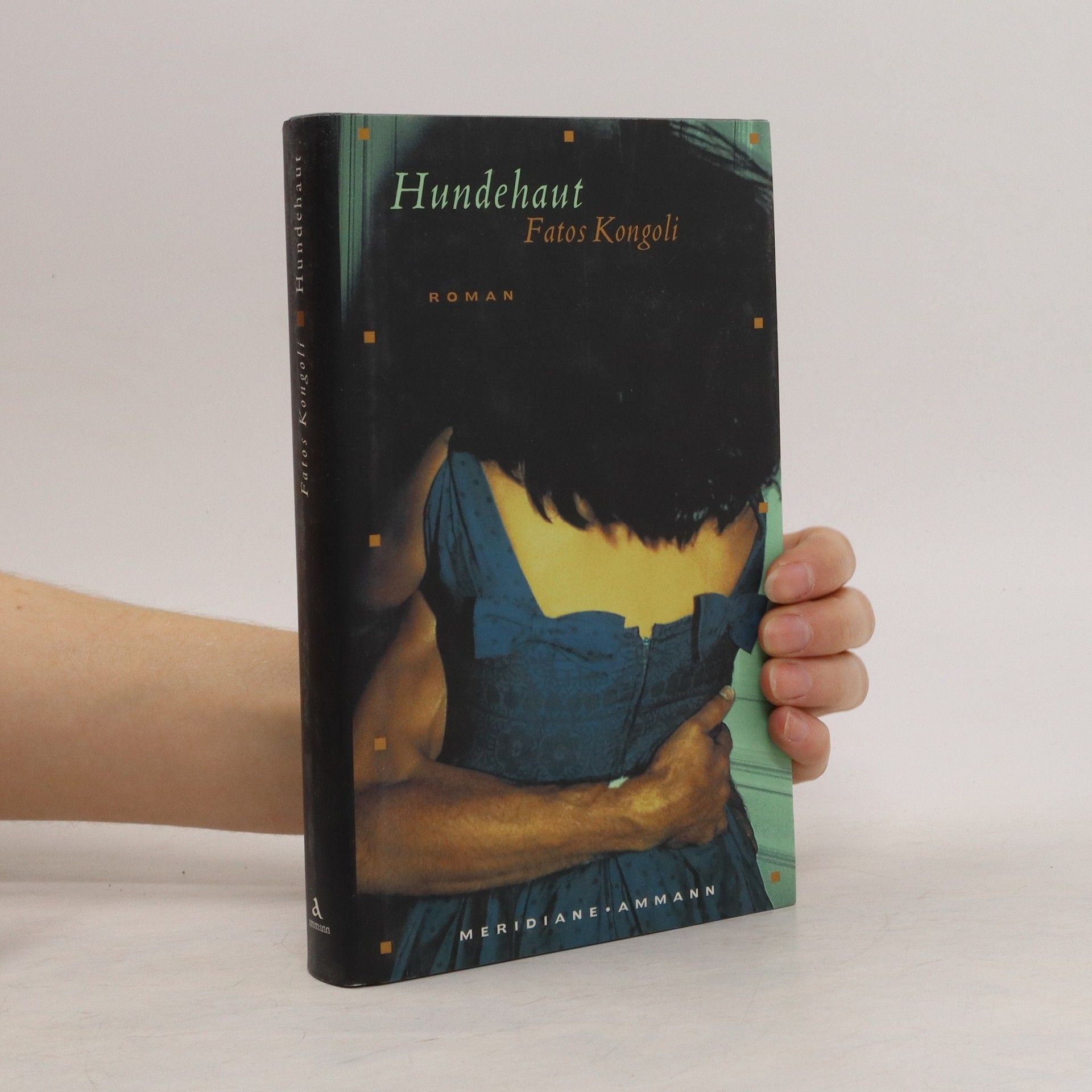Dvadeset jedan prozni književnik/ca napisao/la je svoje viđenje pitanja zbog čega u jugoistočnoj Evropi postoji toliko nepoverenje jednih naroda prema drugima, prema neposrednim susedima. Odakle zapravo toliko odbijanje da se u susedu umesto neprijatelja vidi prijatelj? Zašto je etničko čišćenje postalo program ili čak neostvareni san? Zašto se jugoistočna Evropa već godinama pokazuje kao čudesno nepromenjiva sredina, gotovo deklarativno otvorena za promene, u kojoj svaka država uporno insistira na nekoj svojoj navodnoj istini? U knjizi su se našla prozna ostvarenja najreprezentativnijih pisaca iz regiona – Slavenka Drakulić, Dragan Velikić, Nenad Veličković, Bora Ćosić, Miljenko Jergović, Biljana Srbljanović, Drago Jančar, Irena Vrkljan, Ismailj Kadare, Ćarls Simić, itd.
Fatos Kongoli Book order (chronological)
Fatos Kongoli has emerged as a most forceful and convincing representative of contemporary Albanian prose. He pursued mathematics in China during the tense years of the Sino-Albanian alliance, choosing a quiet career rather than publishing during the dictatorship. His narrative talent and individual style truly blossomed only in the nineties, following the fall of the communist regime. Kongoli dedicated his creative energies to mathematics during the dictatorship, patiently waiting for the political climate to change before revealing his full literary voice.



The Loser
- 180 pages
- 7 hours of reading
An impassioned indictment of government oppression, this novel follows the fortunes of Thesar Lumi, a laborer living under communist rule in Soviet-controlled Albania. At the center of the story is a crucial decision Lumi makes in the last days of the Second World he has a chance to leave Albania on a refugee ship headed to Italy, but at the last moment he disembarks and returns home to his village. As it happens, he has chosen a grim existence. To survive, he is forced to work in a concrete factory, from which he watches friends and family members run afoul of repressive new laws. But even as the book skillfully depicts the slow suffocation of a whole society, it also celebrates the moments of love and hope that sustain the people—and holds out the possibility that Lumi may have been right to remain at home.